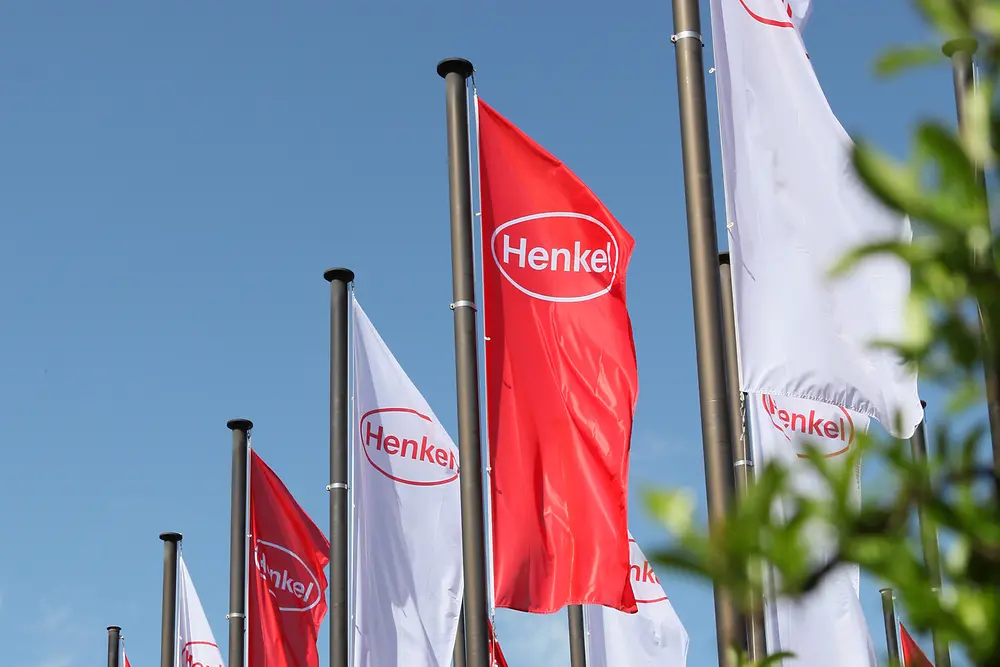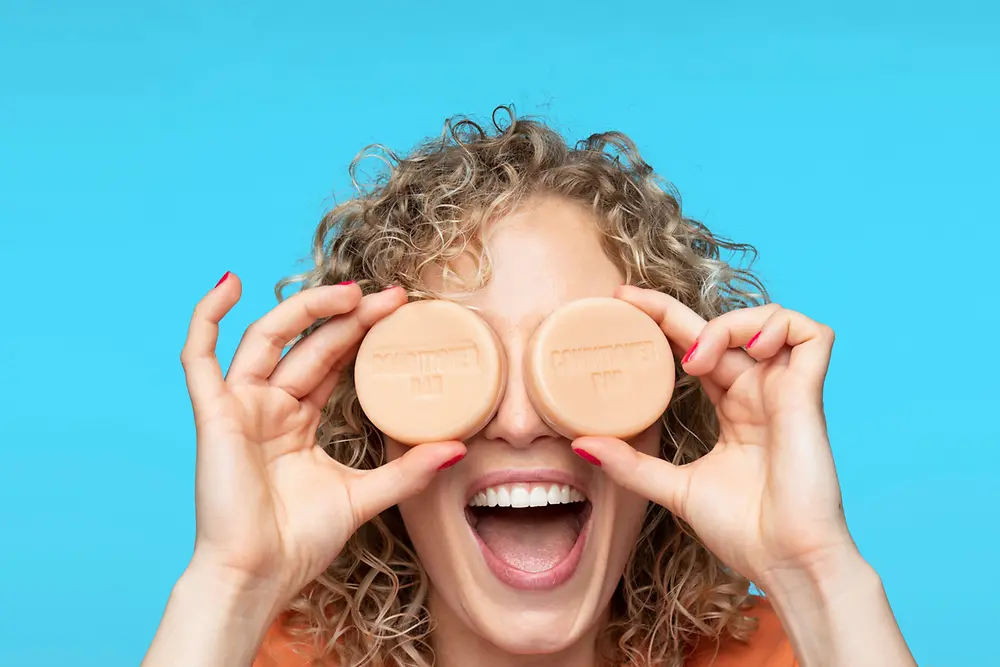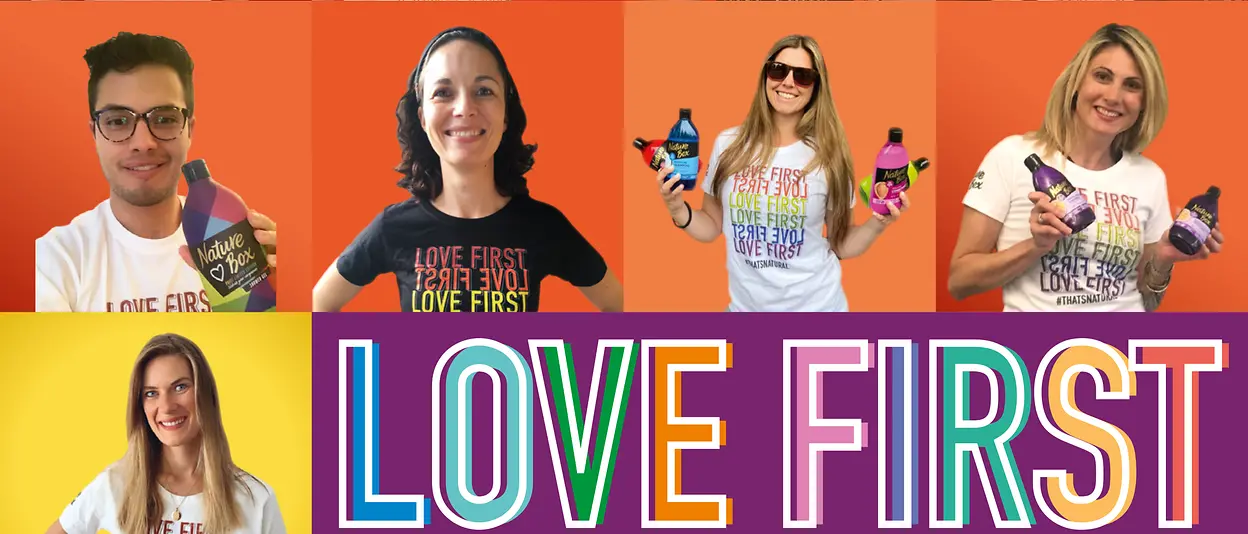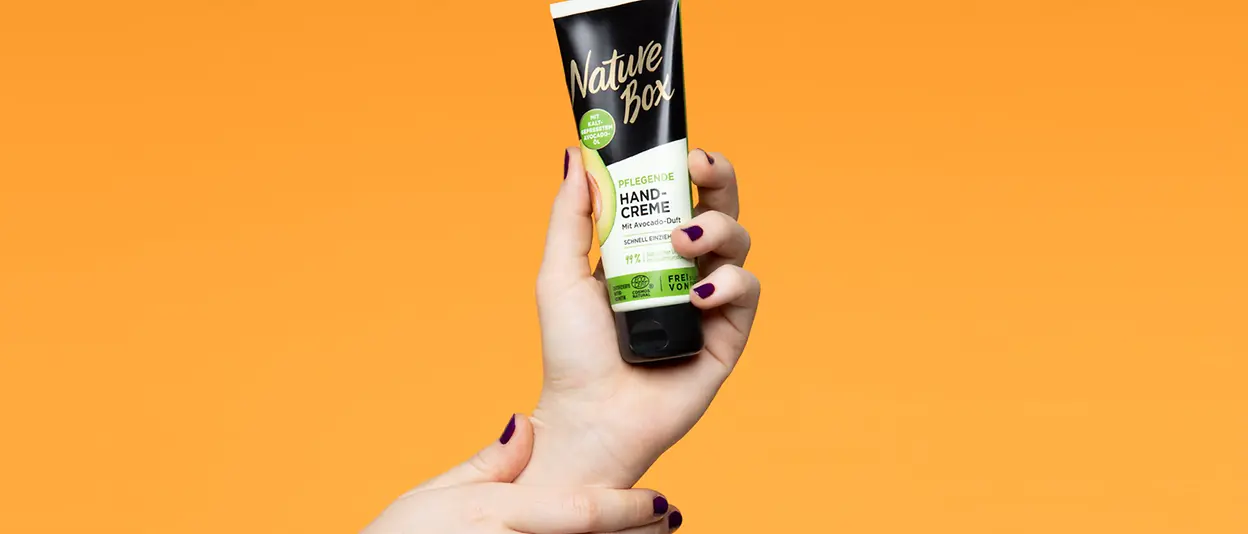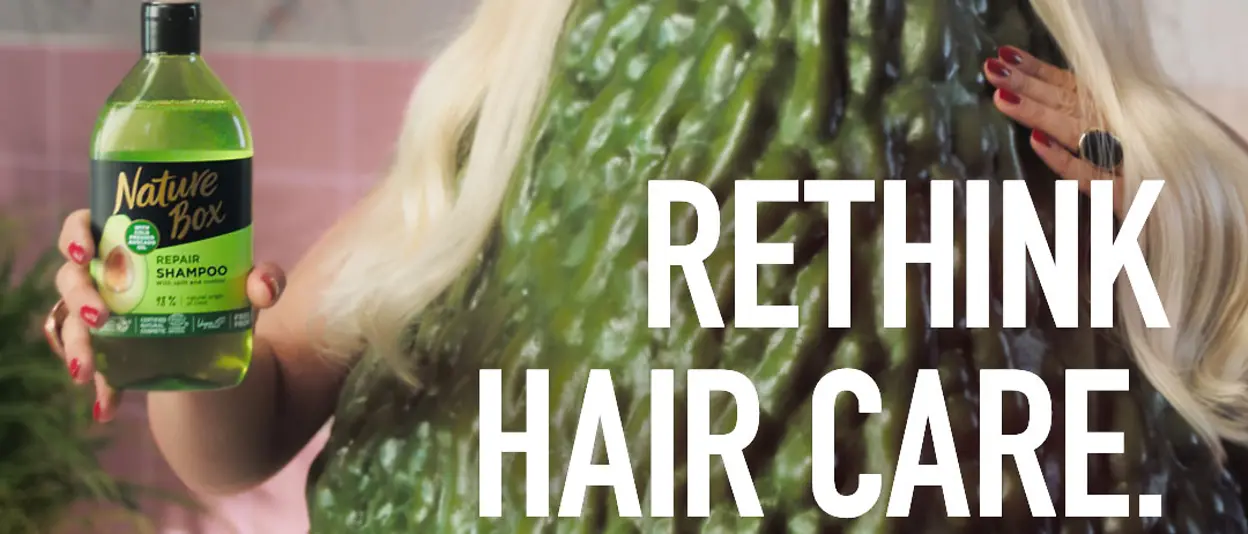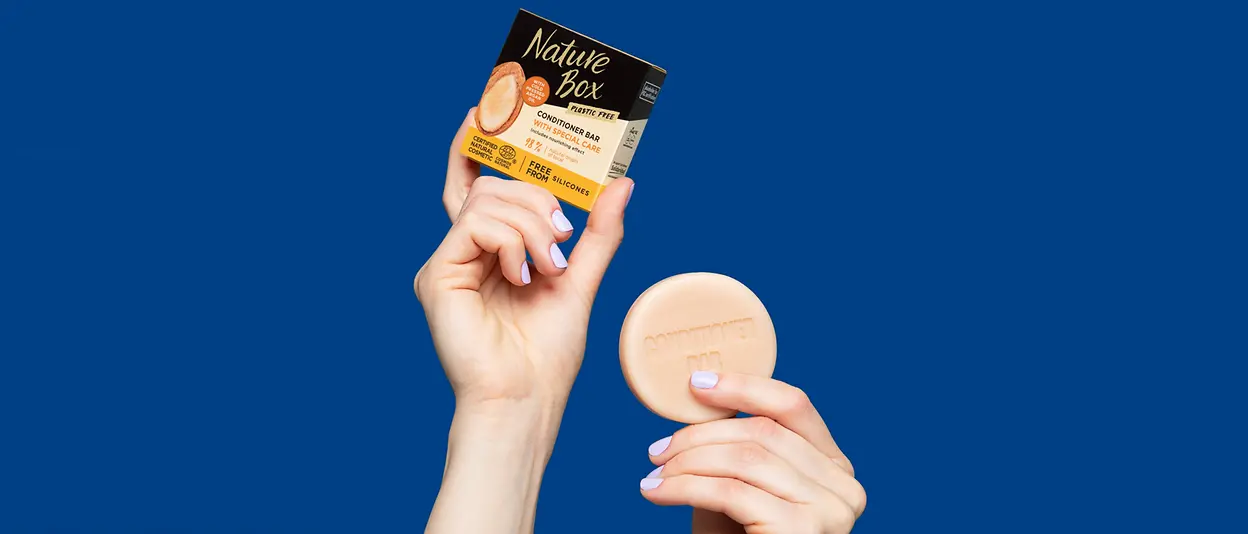The product focus quickly became clear: "We wanted two categories from the beginning: Hair and body. We wanted shower gels, body lotions and exfoliants in addition to shampoos and conditioners," Carolina said. It was also clear that the brand would be developed with consumer input. Consumers were asked what came to mind when they heard the word "nature." "One of the most common responses was that nature is colorful. This is how the colorful design of the brand, products and packaging came about."
The reference to nature is also reflected in the name, which was voted on by the consumers. The highest number of votes went to "Nature Box." The name establishes a reference to the term "unboxing" known in the advertising field, which describes the exciting unpacking experience of a product. "Meanwhile, some of the product packaging also looks like a box, which creates an 'aha moment' for our customers." It's in moments like these that the brand's jester-like, playful character shines through, Carolina says.
Nature Box products: A brand with character
For a brand to develop character, it needs a solid strategy. It forms the foundation without which no strong identity can emerge. "You should know," Carolina says, "what the brand is all about at its core, where it comes from, where it wants to go, and last but not least, who the customers are." When developing a brand, surprises are part of the process, Carolina notes. That is why it is important to have an agile team that can react quickly.
One of many surprises Carolina and her team experienced was in terms of the intended audience. "We initially thought of a younger audience, but then realized that it is very diverse. It ranges from 18 and 49 years old." The products appeal to young, dedicated people, but also to older people due to the higher price and exclusivity. A broad marketing strategy was needed to fit the target group. "We decided on a 360-degree marketing strategy. We deliberately did not exclude any channels and chose a healthy marketing mix of television, digital, print and social media."





